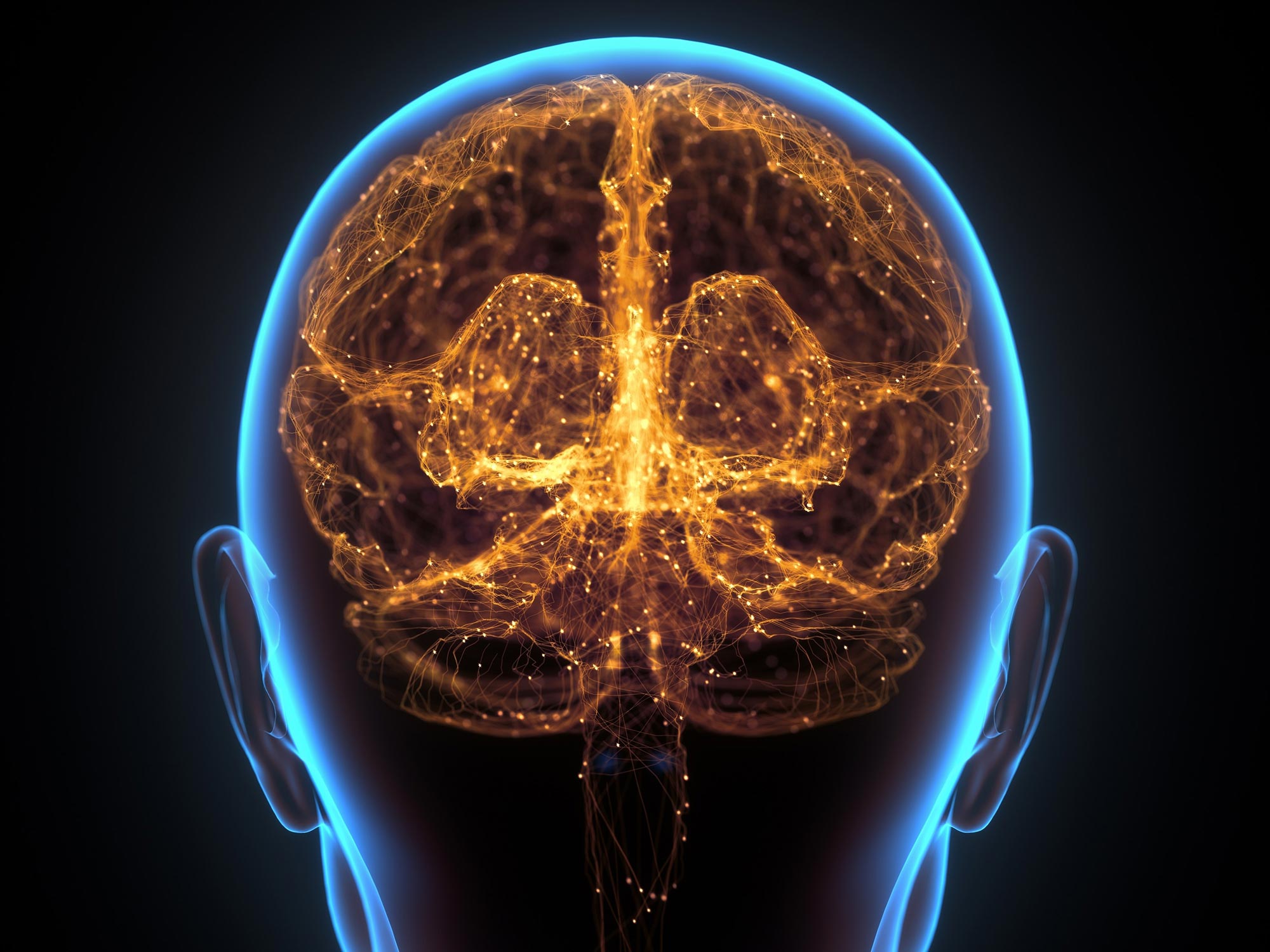A UCLA Health study shows that repetitive practice enhances brain memory pathways, stabilizing working memory and improving skill accuracy, with implications for treating memory disorders.
Researchers at UCLA utilize a novel microscope to uncover changes in neuron activity during repeated training sessions.
A recent study conducted by UCLA Health has revealed that repetitive practice not only enhances skill acquisition but also significantly alters the brain’s pathways for memory.
The research, published in the journal Nature and co-led by Rockefeller University, sought to unravel how the brain’s ability to retain and process information, known as working memory, improves through training.
To test this, researchers tasked mice with identifying and recalling a sequence of odors over the course of two weeks. Researchers then tracked neural activity in the animals as they practiced the task by using a novel, custom-built microscope that can image cellular activity in up to 73,000 neurons simultaneously throughout the cortex.
Findings on Working Memory Improvement
The study revealed a transformation in the working memory circuits located in the secondary motor cortex as the mice repeated the task through time. As the mice were first learning the task, the memory representations were unstable. However, after repeatedly practicing the task, the memory patterns began to solidify or “crystalize,” said corresponding author and UCLA Health neurologist Dr. Peyman Golshani.
“If one imagines that each neuron in the brain is sounding a different note, the melody that the brain is generating when it is doing the task was changing from day to day, but then became more and more refined and similar as animals kept practicing the task,” Golshani said.
These changes give insights into why performance becomes more accurate and automatic following repetitive practice.
“This insight not only advances our understanding of learning and memory but also has implications for addressing memory-related disorders,” Golshani said.
Reference: “Volatile working memory representations crystallize with practice” by Arash Bellafard, Ghazal Namvar, Jonathan C. Kao, Alipasha Vaziri and Peyman Golshani, 15 May 2024, Nature.
DOI: 10.1038/s41586-024-07425-w
The work was performed by Dr. Arash Bellafard, project scientist at UCLA in close collaboration with Dr. Alipasha Vaziri’s group at Rockefeller University.

Sarah Carter is a health and wellness expert residing in the UK. With a background in healthcare, she offers evidence-based advice on fitness, nutrition, and mental well-being, promoting healthier living for readers.







